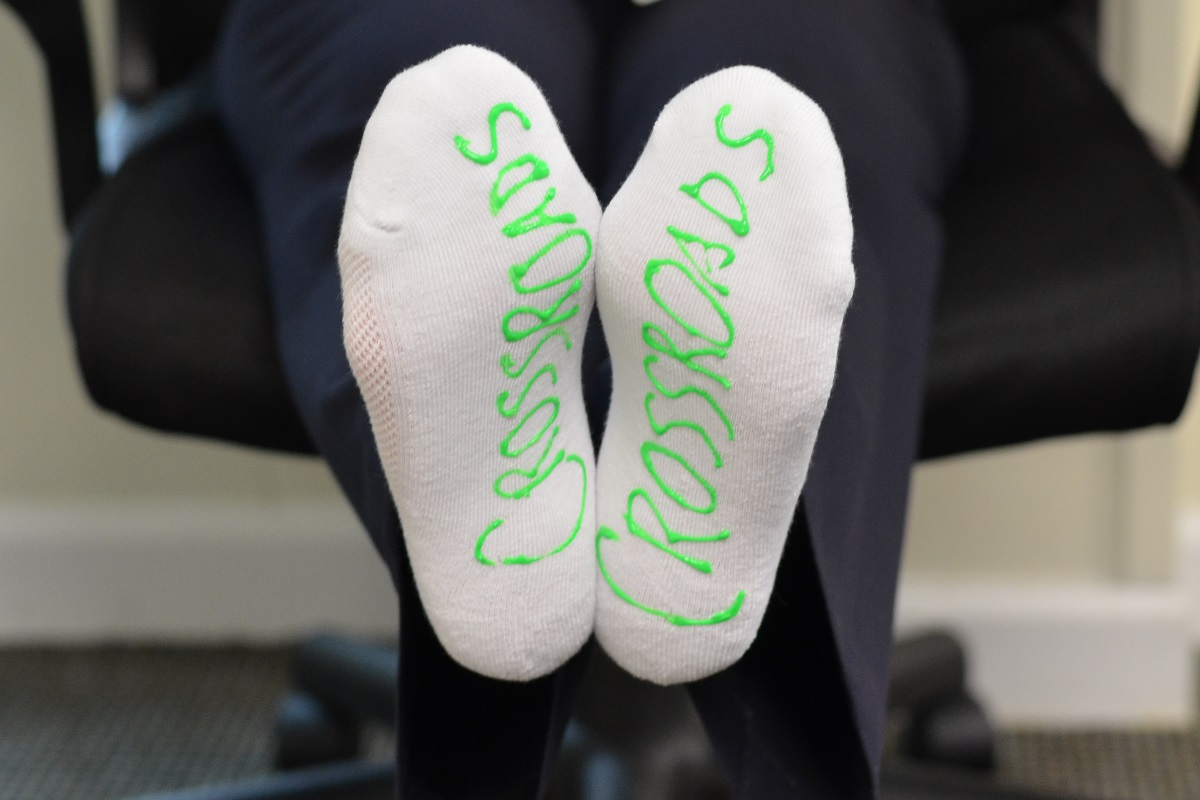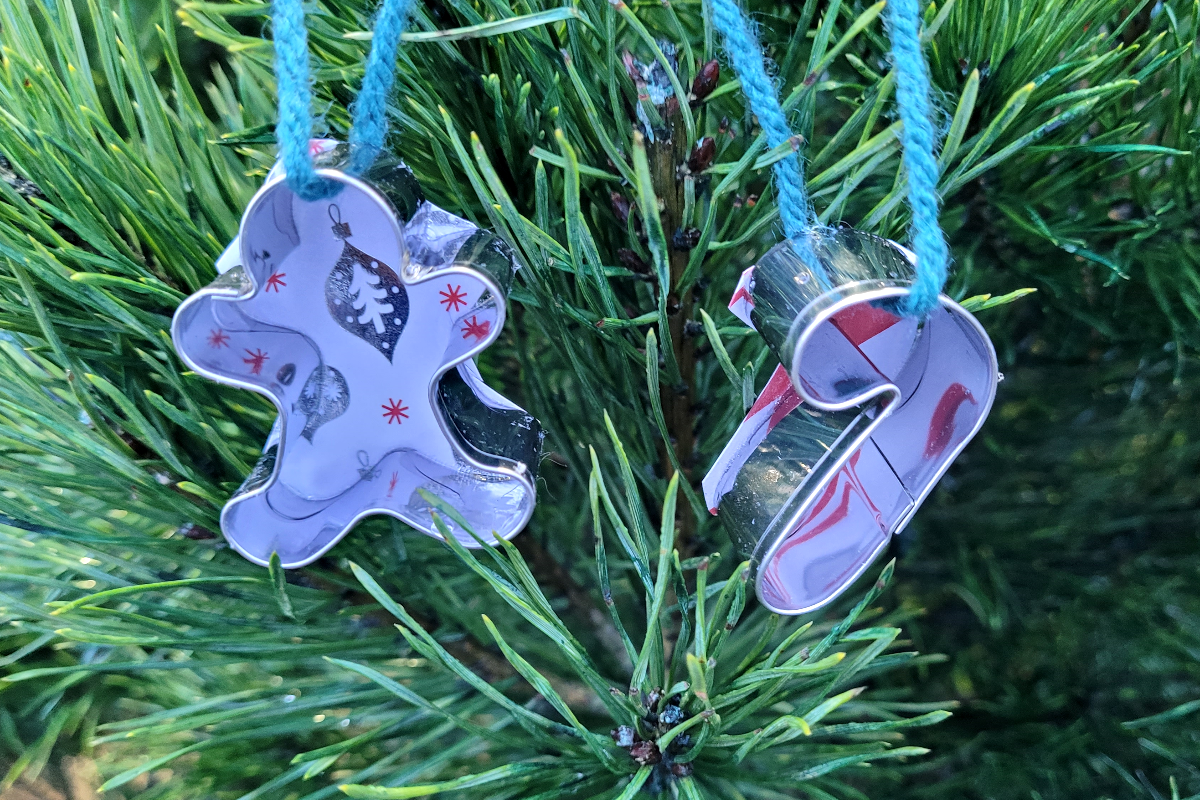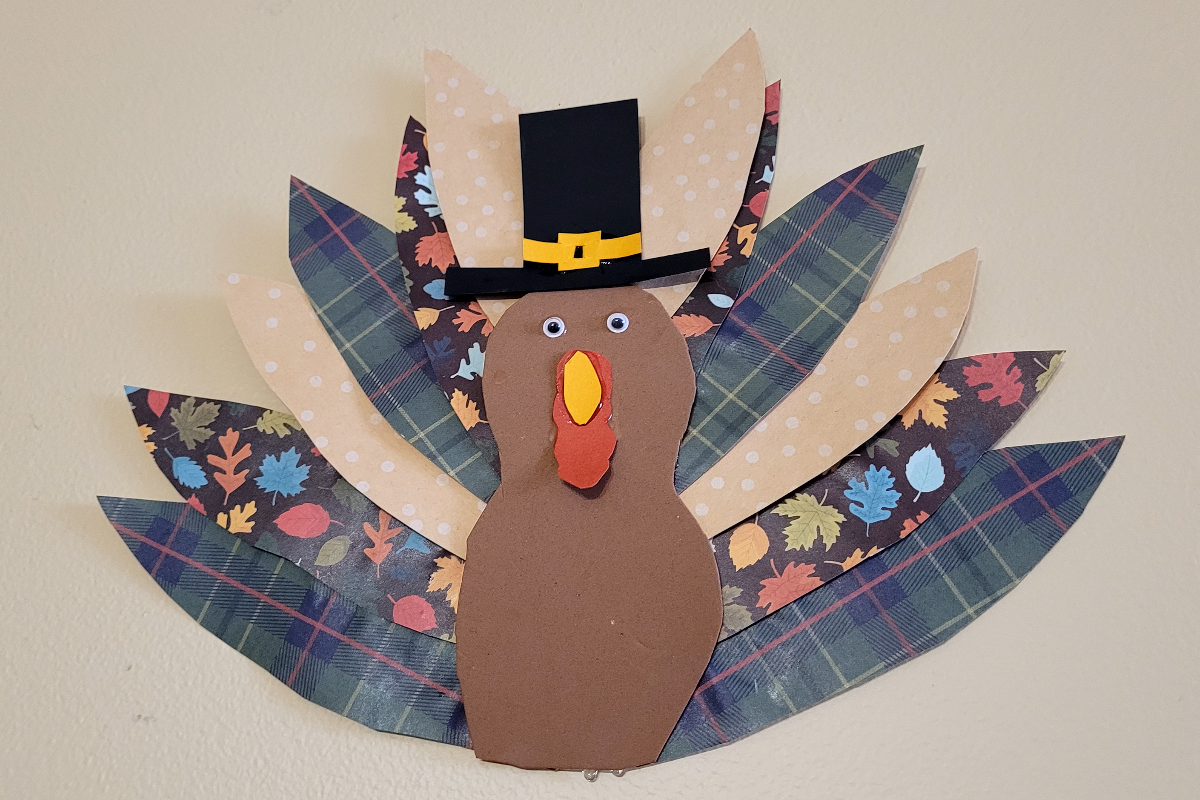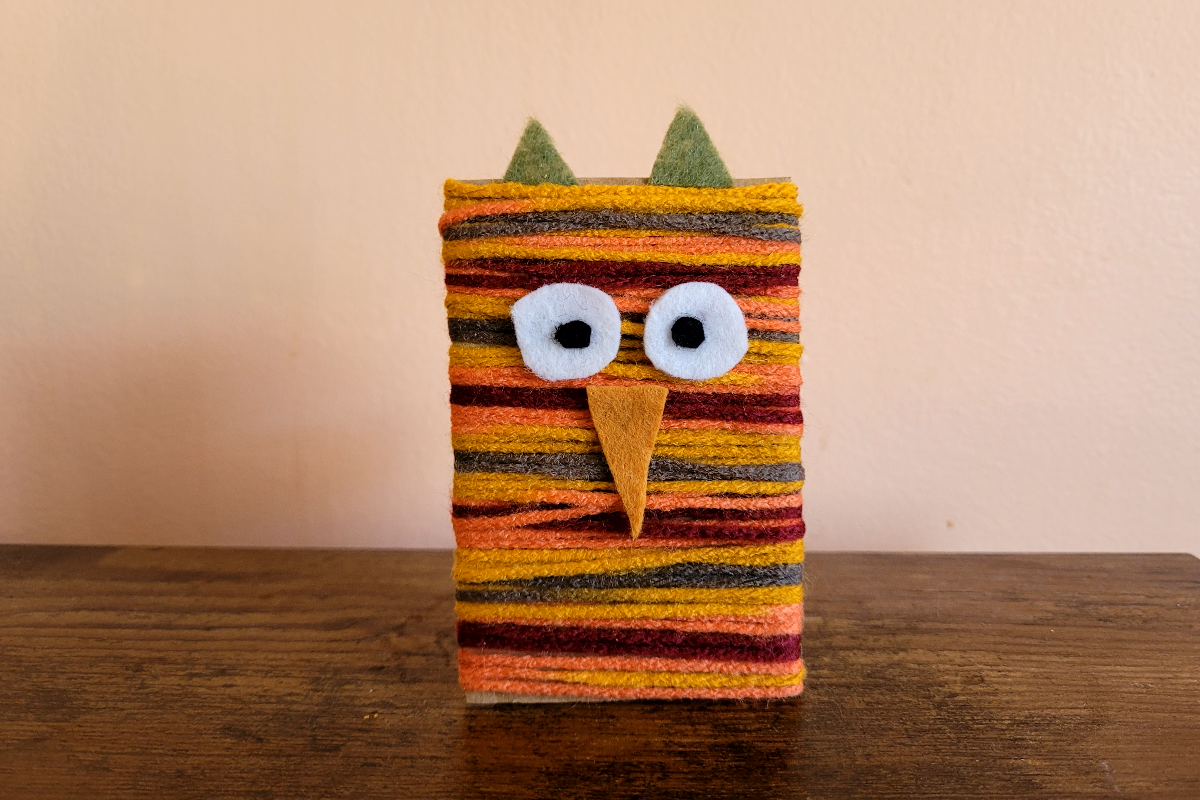Non-Slip Socks: Activities for Dementia Patients

Falls are the leading cause of injuries in all older adults. Furthermore, individuals with Alzheimer’s disease are twice as likely to suffer a fall and three times more likely to break a hip compared to those without dementia.
Some studies suggest that a decline in balance or gait could be an early indicator of Alzheimer’s disease – sometimes even before memory loss begins. Most individuals with Alzheimer’s disease experience increased difficulty in gait, balance, vision, and perception, raising the risk of falls considerably.
Caregivers can help prevent falls by clearing walkways, removing throw rugs, adding grab bars and non-slip mats in the bathroom, and providing footwear with excellent support and non-slip soles.
Rather than buying non-slip socks, you can always make them yourself as a fun activity for a loved one with dementia. Let your loved one pick out their own socks and create their own puffy paint design. If your loved one is living in a memory care facility, they can write their names instead of creating a design to help them return to correct room after being washed.
Non-Slip Socks
What You’ll Need:
- Socks
- Puffy paint
- Foot-shaped cardboard cut-out
Steps:
- Place the cardboard cut-out inside the sock to give your loved one a flat surface to work on.
- Create a design on the bottom of the socks with puffy paint. It can be a drawing, a squiggle, or your loved one’s name.
- Allow to dry.
Caregiver Tips:
- Remember – the goal is to have fun with your loved one. The end result doesn’t have to be pretty.
- While doing activities with a loved one with dementia, serve snacks they enjoy and play their favorite music softly in the background.
- If your loved one is reluctant to join in, start the activity yourself and then invite them to participate.
- Activities for people with dementia have the best chance of success in the morning between breakfast and lunch when this loved one is well rested. If they don’t want to participate or get frustrated, don’t force it. Try again another time.
- If a person has dementia, a hospice program and hospice care team can provide support for both the patient and family. This added assistance can be key in avoiding caregiver burnout.
Find more ideas for activities for dementia patients here.
For any questions about how Crossroads Hospice & Palliative Care’s unique care programs support patients with dementia and their families, please call us at 1-888-564-3405.
Recommended Reading:
Are You at Risk for a Fall?: Tests and Tips for Keeping You Safe
Bathrooms May Be Dangerous for Seniors
End-Stage Dementia: How Do I Know?
If you found this information helpful, please share it with your network and community.
Copyright © 2017 Crossroads Hospice & Palliative Care. All rights reserved.




